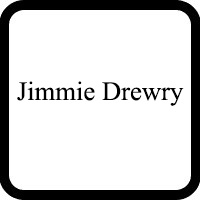 Braden Estate Lawyers, Tennessee
Braden Estate Lawyers, Tennessee
Sponsored Lawyers
1-10 of 28 matches
3030 Covington Pike
Memphis, TN 38128
Divorce & Family Law, Accident & Injury, Estate
Jimmie Drewry is a practicing lawyer in the state of Tennessee. Attorney Drewry received his J.D. from the University of Memphis, Cecil C. Humphreys School of Law.
(more)
Elder Law, Estate Planning, Trusts, Wills & Probate, Commercial Real Estate
Corporate, Reorganization, Estate Planning, Federal Appellate Practice
Insurance, Juvenile Law, Family Law, Workers' Compensation, Estate Planning
Wills & Probate, Estate Planning, Trusts





